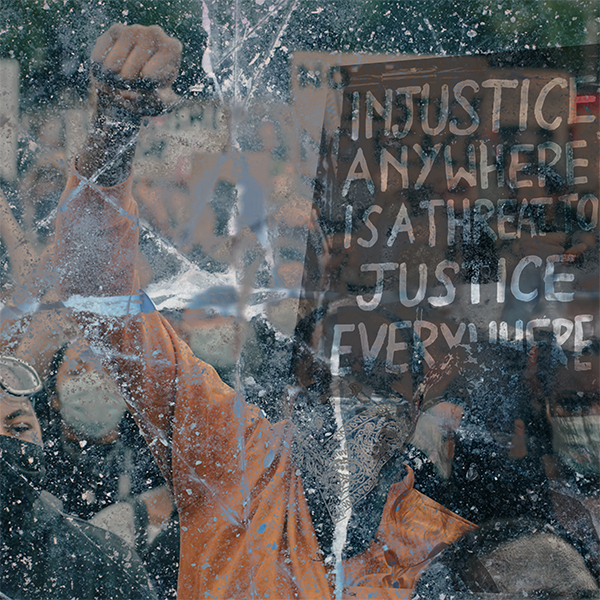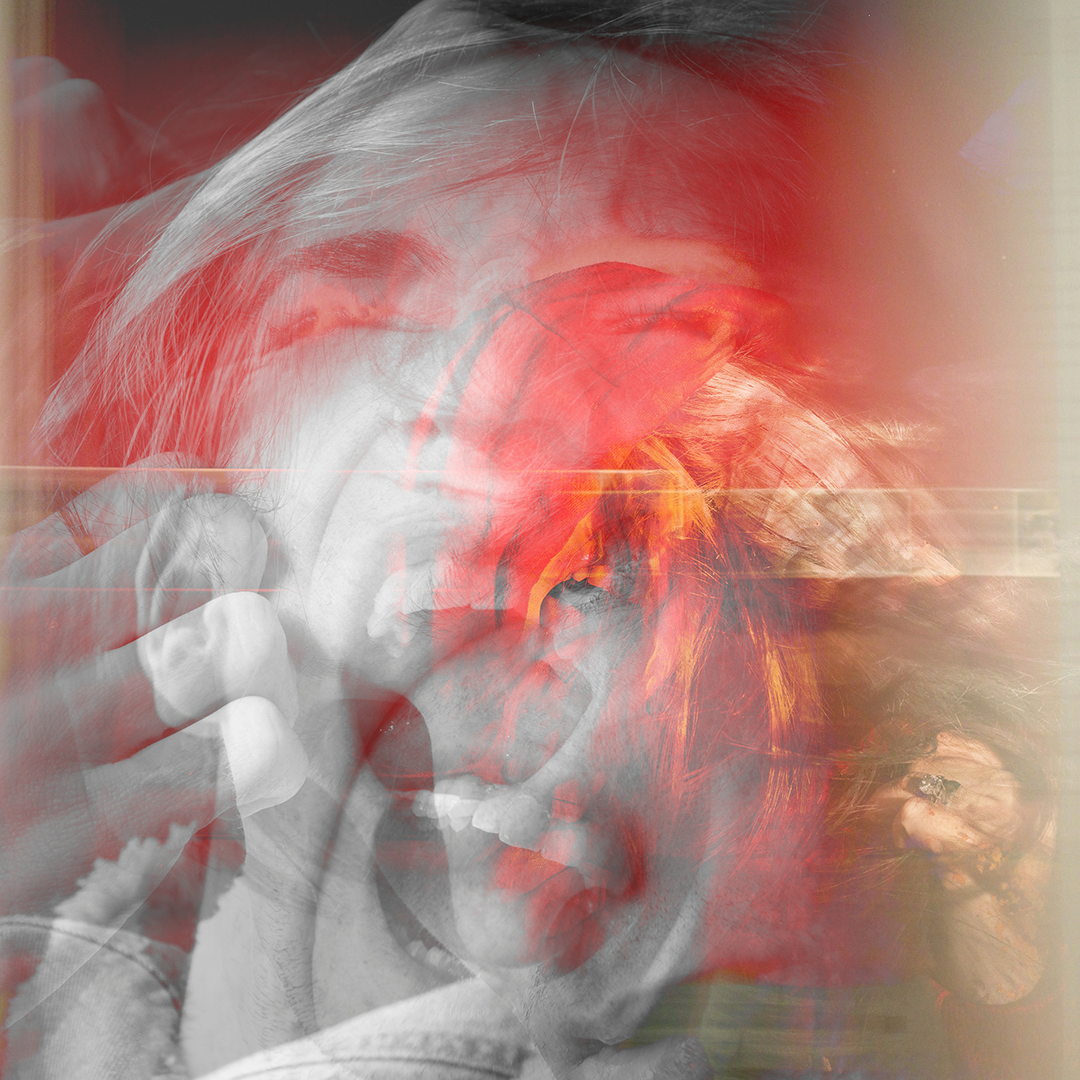How the Church Can Combat the Idolatry of White Mythology
Every culture has a mythology to guide it. But what happens when the Church allows that mythology to compete with the story of our King Jesus?
The word mythology typically brings to mind the names of Greek gods like Apollo and Zeus. In modern convention, the term ‘myth’ may hold negative connotations, implying a degree of falsity or a lack of legitimacy.
Yet myths are simply stories that guide a culture. They explain how the world works and help people make meaning of their experiences. Myth is like a lens we see through. Members of a cultural group all have the same lens filtering the world in the same basic ways, so we unknowingly end up living inside the mythology our group has created.
Myth or History: Which One Wins?
In any given context, the myth and the history of a place exist alongside one another. But the power of myth lies in its ability to create a sense of identity, group belonging, and collective destiny—which means that it is more potent and influential than history itself. Myth is a living, animating force; history, the events that happened “back then and there,” is covered in myth’s long shadows.
The myth of America paints a story of the land of the free and the home of the brave, where all people are equal, and where liberty and justice reign.
The myth of American exceptionalism claims the United States is the greatest country on earth, over and above all others, through economic, military, and democratic superiority.
The myth of America involves the American Dream, a national ethos in which anyone from anywhere can achieve whatever they want if they work hard enough—negating any critical look at the impact of systemic factors such as race, class, and educational opportunities.
This mythology was constructed by white Americans for white Americans. But being in the grip of these white mythologies means white America largely refuses to speak about:
- the large-scale genocide that systematically slaughtered indigenous peoples
- a great economy built on the backs of African slave labor
- the structural supremacy of white over black and brown
- and a Constitution that was designed to protect the rights of only white, landowning men.
Myth never includes evils perpetrated by the dominant culture.
Instead, history is fictionalized and sanitized, washed with the pseudo-glory of whiteness.
Myth never includes evils perpetrated by the dominant culture. Share on XA Protective Mechanism
The mythology of Anglo America functions to keep white people collectively unconscious of the underlying, longstanding, and systemic factors that led to the egregious Charlottesville incident. This event was a symptomatic flare of a disease located much deeper in our nation’s body—a congenital defect that began with the birth of the nation.
But it isn’t only the Nazis, Ku Klux Klan, and right-wing nationalist groups who are captive to white mythology. While their particular false narratives may be more extreme and overtly violent, we are all held captive by white mythology.
We are all held captive by white mythology. Share on XThis is particularly relevant for the Body of Christ. We are called to be a faithful witness to the gospel of Jesus Christ. His story is our story.
The Story of Our King Jesus
The body of Christ must be cognizant of how we have adopted narratives contrary to the gospel story. Which stories do we revere? Is it possible these narratives were created in the image of whiteness, rather than in the image of the living God?
Over and against all competing narratives, the Church must allow the story of our King Jesus to tell us who we are. For this to be possible, the work before us is to expose and combat the competing narrative of white mythology.
The story of our King Jesus tells us who we are. Share on XFour Ways Your Church Can Expose and Combat White Mythology
What does the ecclesial engagement of white mythology look like practically?
How can pastors and clergy shepherd their congregants into a robust engagement with the reality of white mythology?
Here are four ways your church can combat white mythology:
1) Own how white mythology has shaped our churches
This will take commitment from pastors and clergy. From the pulpit, church leaders must invite the members of their congregations to do more than simply condemn neo-Nazis and ethno-nationalists on social media, thereby letting ourselves off the hook as people who are immune to the falsity of white mythology. Instead, our work involves confronting the dark parts of our Christian inheritance. Myth’s nature is to keep sins hidden; the gospel of Jesus brings things into the light and speaks truth.
Myth's nature is to keep sins hidden; the gospel of Jesus brings things into the light. Share on X2) Repent of how the Church has used theology and Scripture to empower white mythology
Let us speak openly of the church’s role in developing theology that formed the undergirding doctrine from which white mythology was born. (See the series of Papal Bulls written in the 15th century, documents which legitimized the control and subjugation of indigenous bodies, land, and resources and brought about the slaughter and enslavement of anyone who wasn’t white, Western, and Christian). The church theologized humans into non-humans, and persons into non-persons, through these doctrinal statements.
Texts from both testaments have been used to colonize and assert Western dominion over people of color. Scripture has been used as a tool to build the foundations of white racial superiority.
Confronting white mythology means antagonizing the church’s past and present as much as the Nazis and hate groups that perpetrate violence and hatred.
3) Confess the sin of racism as a community
This work will be painful. Much of white culture’s collective identity rests upon the fallacious idea of personal success due to rugged individualism, hard work, and equality, while negating any systemic influences. The church largely mirrors the culture in which it is embedded despite its call to exist as an alternative community.
But the locus of the painful process of unmaking is confession, a long-held tradition in the church. Confession involves naming what is broken inside the body of Christ—personally and collectively.
Let us confess to ourselves, our community, and our God that we have been idolatrously secured to the false god of whiteness.
Let us confess we have been complicit in the racist underbelly of American society.
Let us confess we have been slow to this confession, because we have benefitted immensely from our participation in this racialized scheme.
Confession means allowing our coherent selves and ecclesial identities to be disrupted and disturbed by the suffering of brown and black bodies, and the lies we have been in bondage to.1
4) Lament the suffering white mythology has caused
Confession leads to lamentation. In lament, confession is embodied emotionally. The experience of deep grief and sorrow allow us to grieve for the pain of others, as well as have the capacity to respond to that suffering. In responding, we repent—literally, turn around—from the idolatrous worship of the American pseudo gods of white mythology.
We can then begin to tell a more historically accurate story.
We can then live inside a more truthful narrative – the one Scripture tells us.
We can then work effectively toward disrupting white mythology in our communities of faith and act prophetically against systems of racial inequity.
1 See Brian Bantum, The Death of Race.



